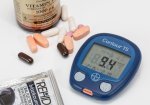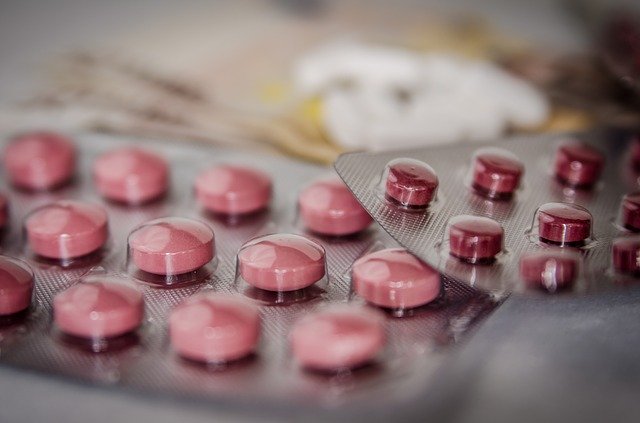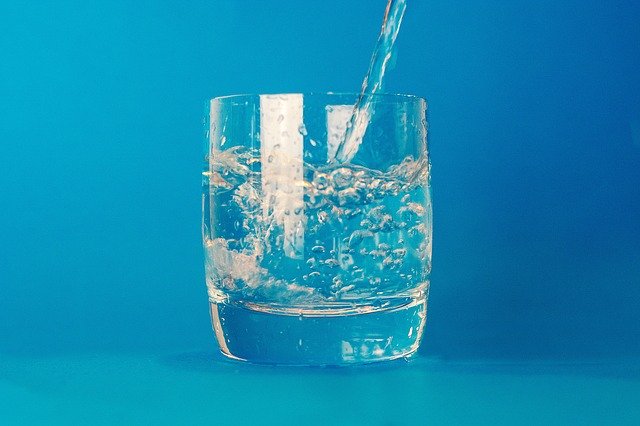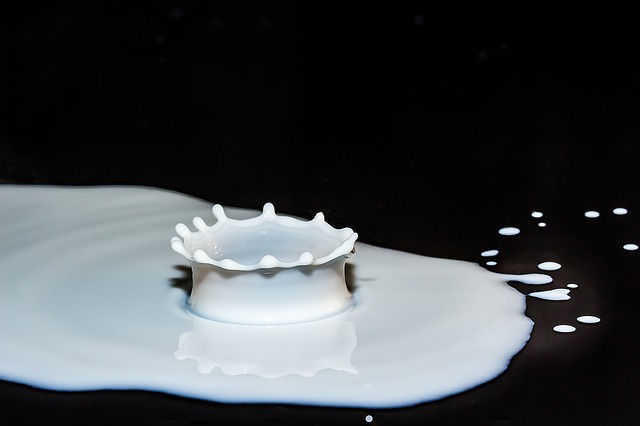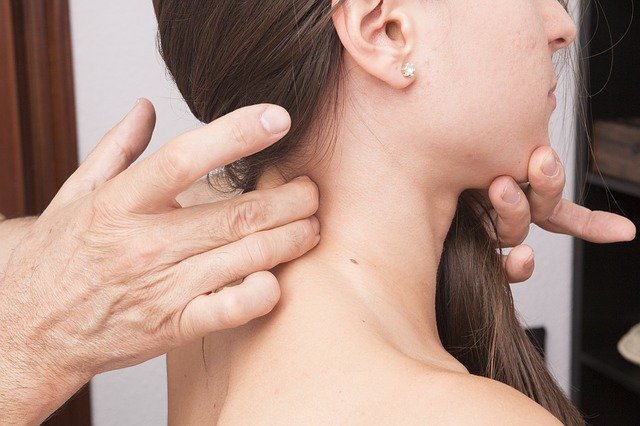Rebound Hypertension
Including rebound hypertension definition, symptoms, treatment and the role of clonidine and beta blockers

Hypertension which is a medical term for high blood pressure by definition refers to the force exerted on blood vessel walls as blood is flowing in the arteries. Blood pressure is measured by blood pressure numbers showing systolic and diastolic pressure readings. Blood pressure is influenced by the blood volume flowing in the blood vessels and the constriction or dilation of vessel walls.
Rebound Hypertension Definition
Rebound high blood pressure is blood pressure elevation in response to stopping or reducing hypertension medications. It literally means blood pressure once put under control rebounds. Hypertension particularly primary hypertension has no cure. What doctors do at best is to put it under control to avoid organ damage and end stages such as stroke, heart attack and heart failure and even blindness.
Rebound high blood pressure can be driven by the patient themselves when they simply stop taking medication mid-way of ongoing treatment regimen. Patients have been shown to abandon medications on account of feeling better, or due to intolerable medication side effects. Some patients yet stop medication due to perceived ineffectiveness of the medication. Apart from being responsible for rebound hypertension, stopping medication without consulting your doctor brings an extra risk of resistant hypertension.
Secondary hypertension represents high blood pressure caused by underlying conditions which can be medical. These underlying medical conditions typically include kidney disease, heart disease, liver disease and blood related diseases. Once these underlying causes are addressed the high blood pressure will likely disappear. However, hypertension may rebound should these conditions thought to have been treated resurface.
Rebound high blood pressure can be so severe to cause complications such as organ damage and even blindness as mentioned earlier. High blood pressure readings may also start to rise should a patient abandon not only pharmacological treatment but also lifestyle modifications. These modifications will include dietary changes such as eating less salt containing harmful sodium, being more active through regular exercise and loosing weight.
To avoid rebound high blood pressure, patients will need to gradually reduce dosage of hypertension treatment should your doctor recommend a lesser dosage. This means a patient with rebound high blood pressure will be able to treat the condition by reverting to the original doses of anti-hypertensive therapy and then gradually weaning off drugs if need be. This can be done with your physician's help.
Doctors also point out that drug interactions are responsible for rebound high blood pressure in some patients. There are particular drugs when combined react leading to rebound high blood pressure. Drug interaction is also a common problem associated with causes of refractory hypertension. To avoid rebound high blood pressure, patients taking particular medication outside of that which is prescribed for their hypertensive condition will need to communicate this with their doctor.
These drugs can be prescription drugs or even those available over the counter, supplements, herbal and alternative treatments. Today an increasing number of people with hypertension are trying out herbs that lower blood pressure. The following drugs are known to have interaction and will need the involvement of your doctor before use together;
- Clonidine and Blocadren
- Diuretics and Beta Blockers
- Clonidine and Indreal
- Clonidine and Tenormin
In terms of symptoms, rebound hypertension can be asymptomatic as is usually the case with classic hypertension. However the most apparent hypertension warning sign is increased blood pressure, anxiety, fast heart rate and diaphoresis which is excessive sweating commonly associated with shock and other medical emergency conditions.

|
|
Alcohol and Blood Pressure |
Return to What Causes High Blood Pressure from Rebound Hypertension
Return to High Blood Pressure Home from Rebound Hypertension
Disclaimer
Information contained on this website is not meant to replace your doctor's advice.
(c) All Rights Reserved. 2010-2018

